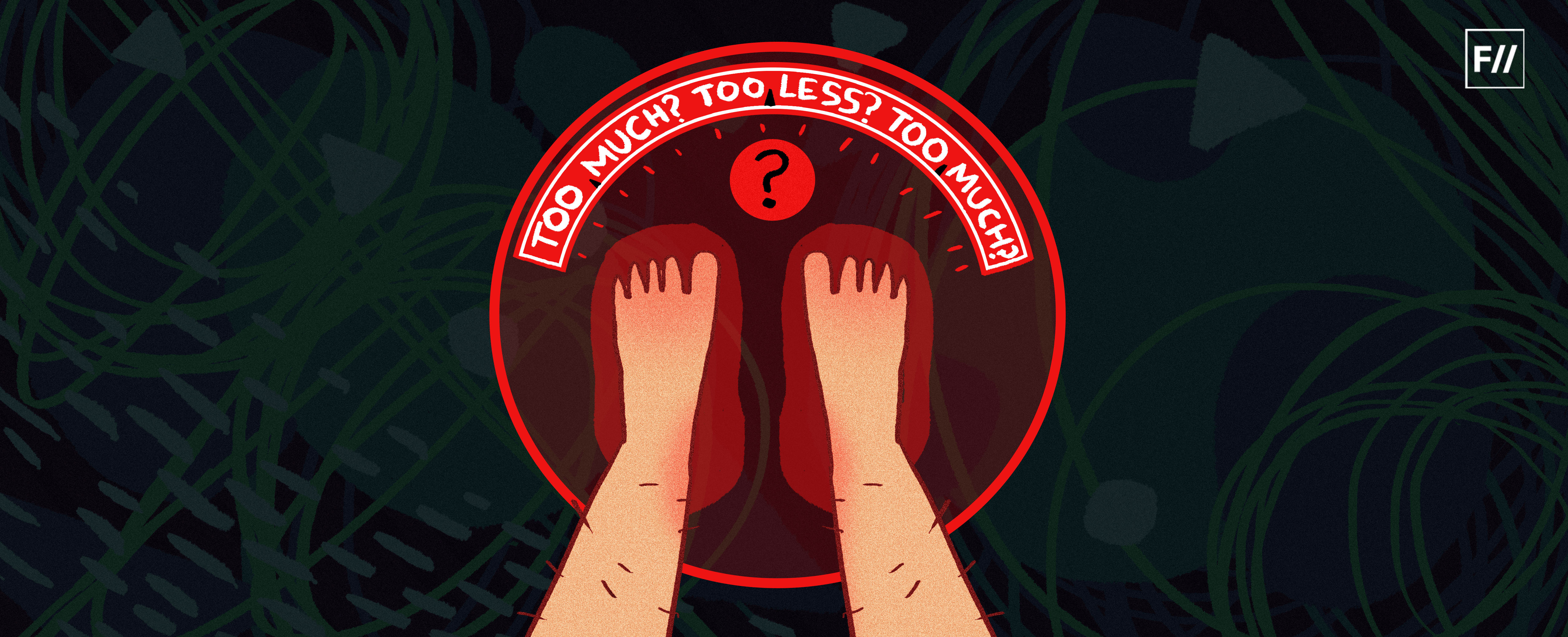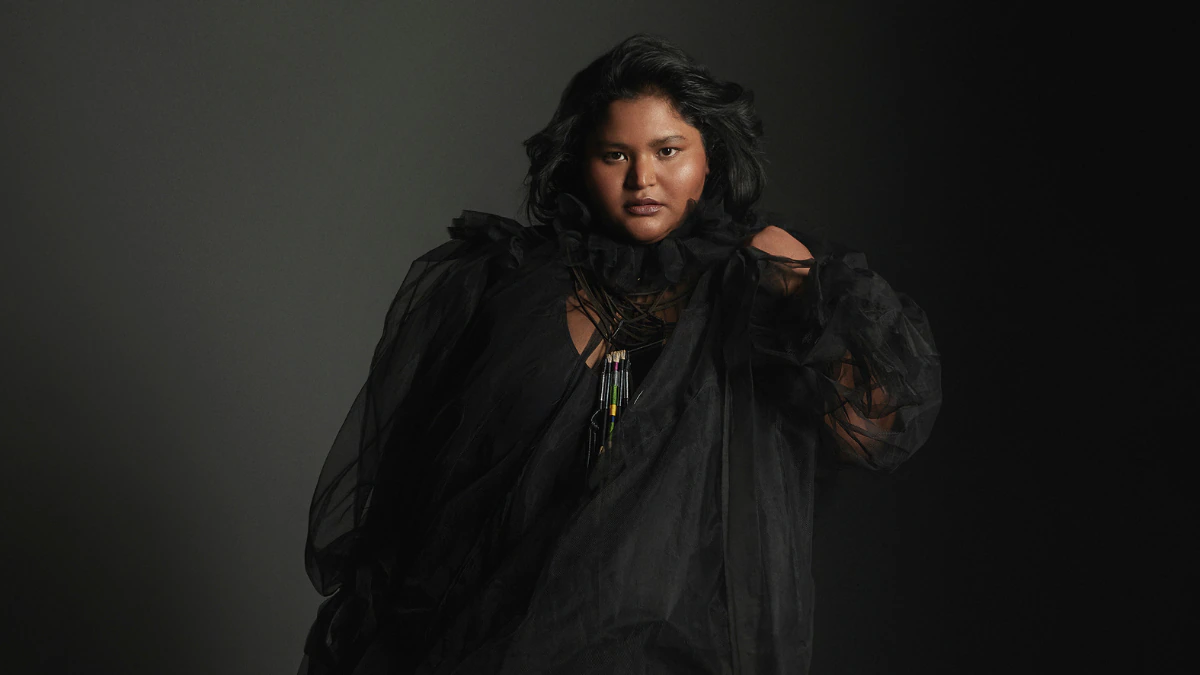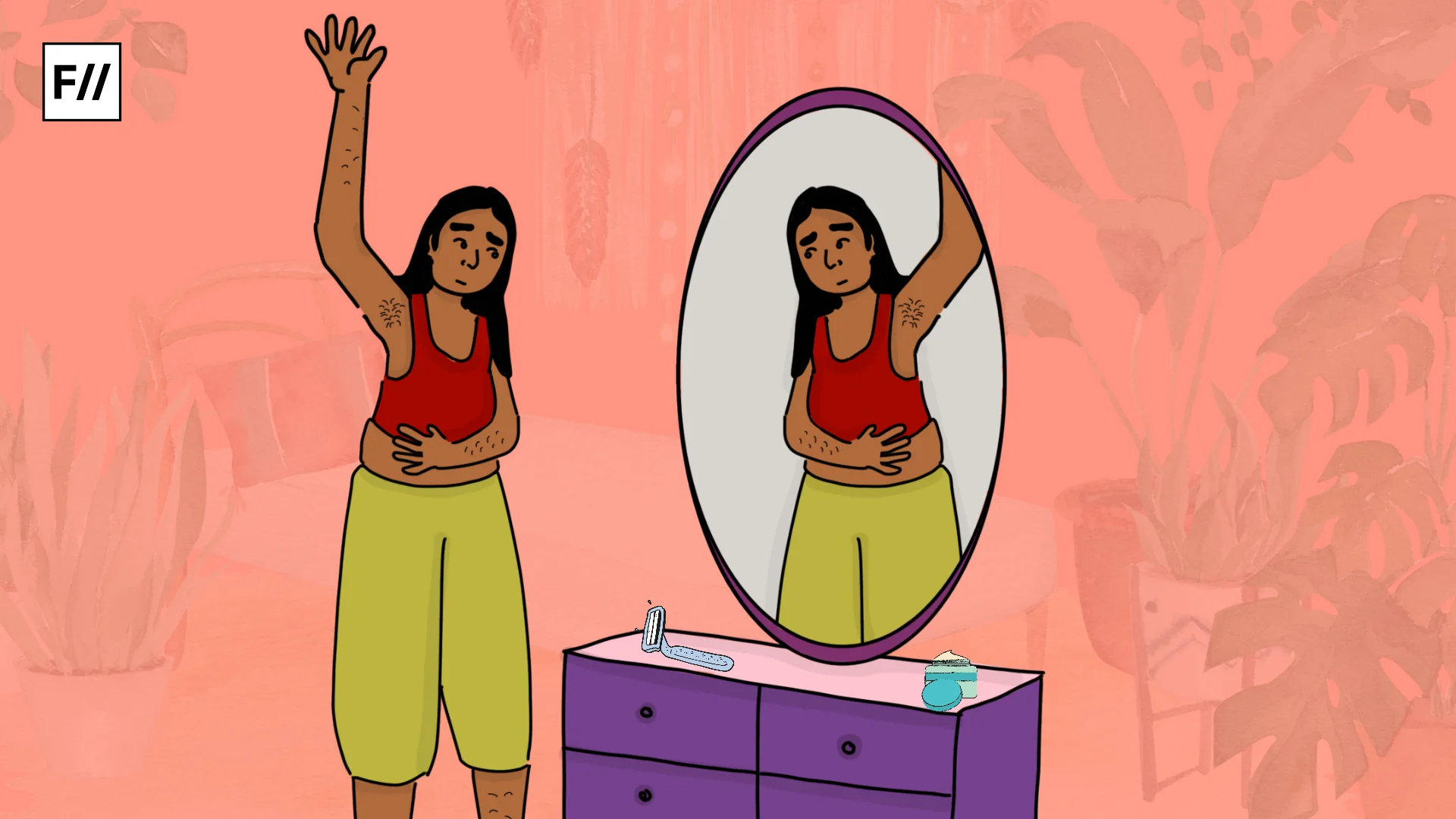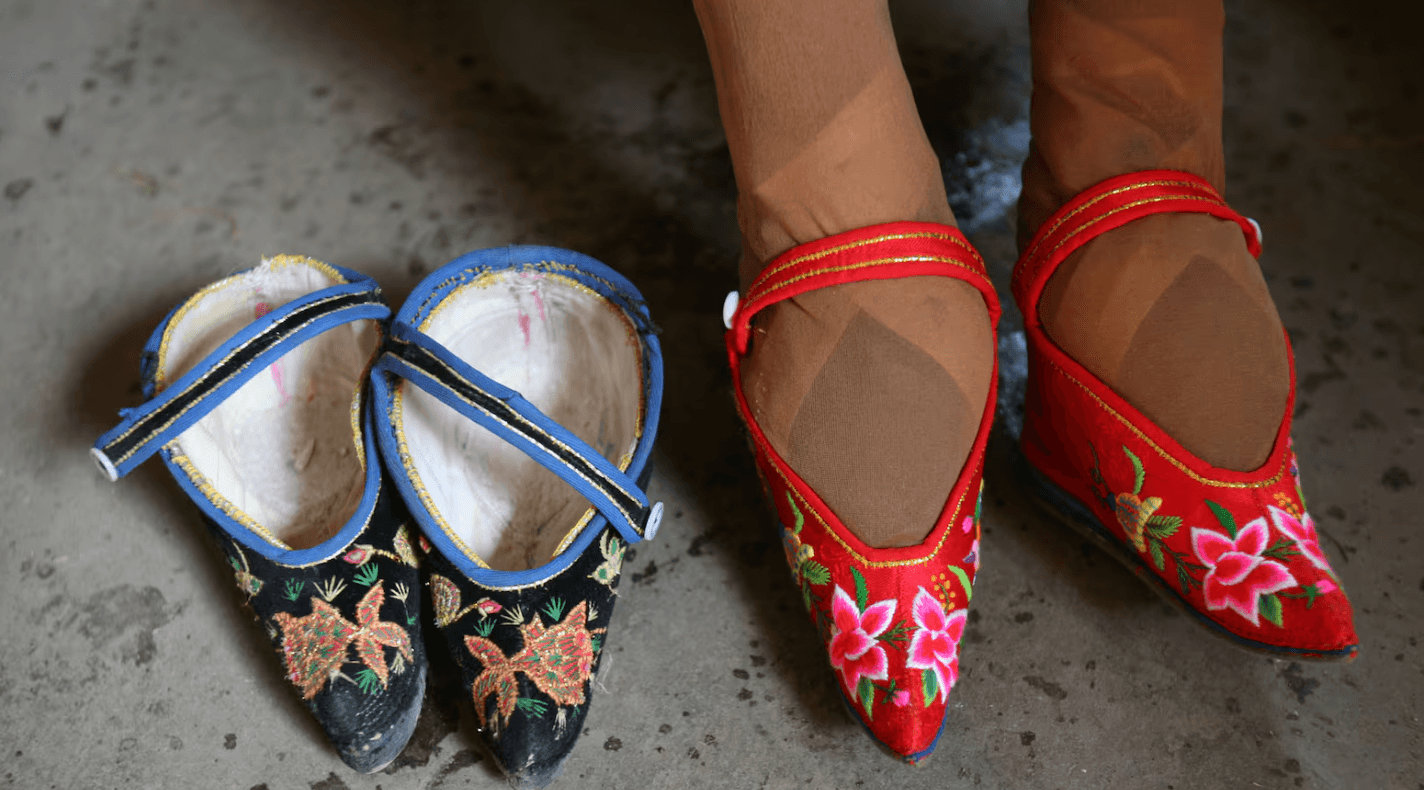Editor’s Note: This month, that is July 2020, FII’s #MoodOfTheMonth is Feminism And Body Image, where we invite various articles about the diverse range of experiences which we often confront, with respect to our bodies in private or public spaces, or both. If you’d like to share your article, email us at pragya@feminisminindia.com.
It’s difficult to not be aware of the body positivity movement – it still exists quite rampantly, saturating our Instagram feeds with cute, marketable captions about how “beauty comes in all shapes” and how you must “love yourself.” In a sense, body positivity is all about body-love and self-love, which are, of course, important, although new ideas like body neutrality seek to challenge this. But the body-positivity movement is also extremely limiting and denies access to the very bodies it claims to want to uplift. These limits exist mainly because body positivity has forgotten its radical and political roots from when it first started as the fat acceptance movement.
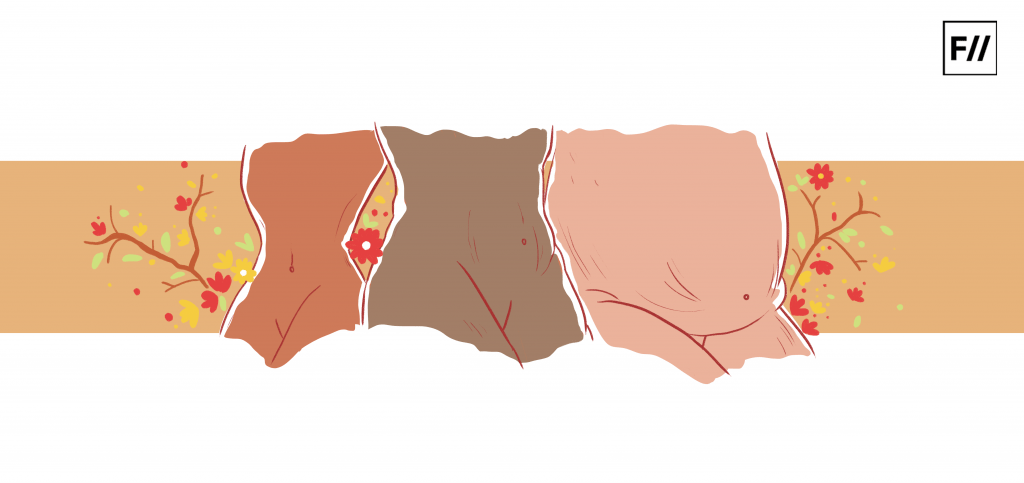
A History Of Fat Acceptance
The body positivity movement that we see today emerged from the fat acceptance movement of the 1960s. The history of the fat acceptance movement began in 1967, in New York’s Central Park, when 500 people conducted a sit-in to protest against societal anti-fat bias. The protesters ate, carried signs, and burnt diet books. In 1969, the first organization for fat people was created – NAAFA, or the National Association to Advance Fat Acceptance. In 1972, The Fat Underground was formed as a more liberal and feminist offshoot of NAAFA and they spoke and wrote extensively about systemic fat oppression. Their Fat Liberation Manifesto criticized the commercial exploitation of fat bodies by both corporations and scientific institutions:
‘We believe that fat people are fully entitled to human respect and recognition. We are angry at the mistreatment by commercial and sexist interests. These have exploited our bodies as objects of ridicule, thereby creating an immensely profitable market selling the false promise of avoidance of, or relief from, that ridicule. We see our struggle as allied with the struggle of other oppressed groups, against classism, racism, sexism, ageism, capitalism, imperialism, and the like.‘
Also read: 3 Plus Size Myths That Need To Be Debunked Now
In a sense, body positivity is all about body-love and self-love, which are, of course, important, although new ideas like body neutrality seek to challenge this. But the body-positivity movement is also extremely limiting and denies access to the very bodies it claims to want to uplift. These limits exist mainly because body positivity has forgotten its radical and political roots from when it first started as the fat acceptance movement.
What Is Fat Acceptance?
The fat acceptance movement aims to fight for the basic human dignity and rights of fat people, which they are often denied. The diet industry makes billions each year by selling the myth that a person’s self-worth, especially a woman’s, is determined by how much they weigh and their body-size. Fat acceptance claims that a ‘diet is a cure that doesn’t work for a disease that doesn’t exist’. Fat activists argue that anti-fat stigma not only has psychological impacts on fat people, but it also keeps them from receiving proper medical care. Doctors and nurses are more likely to treat their fatness as a cause for any underlying problems, and fat people are also at a risk for harassment by medical professionals.
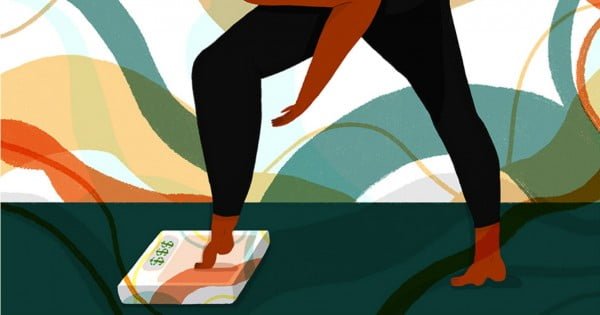
Anti-fat bias and fatphobia are systemic and ingrained within our society, to the extent that this impacts employment opportunities for fat people as they are considered to have less leadership potential and are expected to be less successful. Fat people are far more likely to be bullied and victimised for their weight. The prejudice against fat people is so normalized in society that anti-fat biases have been seen in children as young as four years old.
Body Positivity Is Not Enough
If fat people face systemic oppression, then fatphobia or fat shaming cannot be equalized to skinny-shaming. The conversation goes beyond self-love and accepting your own body. Even if a fat person accepts their own body, they will experience oppression and discrimination for just existing as they are. Body-positivity, as it is represented today, does little to actively counter anti-fat biases and stigmas.
The fat acceptance movement aims to fight for the basic human dignity and rights of fat people, which they are often denied. The diet industry makes billions each year by selling the myth that a person’s self-worth, especially a woman’s, is determined by how much they weigh and their body-size. Fat acceptance claims that a ‘diet is a cure that doesn’t work for a disease that doesn’t exist’.
Instead, it is almost exclusively represented by cisgender, able-bodied, white women who are often thin or have acceptable small-fat bodies. A hashtag search of “body positivity” on social media will yield results of bodies that are thin and white, and therefore, privileged in ways that fat bodies are not. Plus-size bodies are increasingly represented as ones with thick thighs and a flat stomach – yet another ideal that is perpetuated in the name of diversity, but is just as harmful.
Also read: Can Plus Size Ever Become Socially Acceptable And Mainstream?
This is not to say that thin women, especially those that have struggled with eating disorders, should not love their bodies. There is nothing inherently wrong about embracing your own body. However, they cannot be the face of the radical, social movement that body positivity was always meant to be. Privileged bodies, if they are the centre of such a movement, derail the conversation away from marginalized bodies.
Fat black and brown women, fat disabled women, and women who are fatter than what is deemed acceptable, are, ironically enough, denied a space in a movement that should be fighting for them and their visibility. Body positivity has failed because it has become solely about self-love, while conveniently forgetting to fight against systemic fatphobia and the oppression and discrimination faced by fat people.
Prapti is a student of Literature and an aspiring writer, based in Kolkata. Her interests include gender, popular culture, sexuality, and media. You can find her on Twitter and Instagram.
Featured Image Source: Feminism In India
